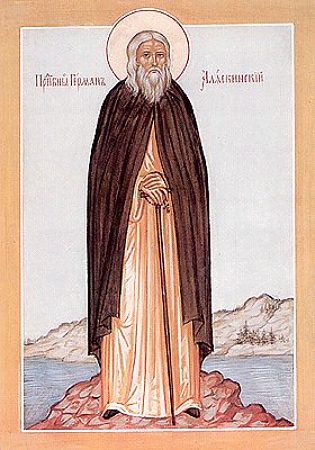- Jun 30, 2022
- 262
- 166
What are essential beliefs?
That term "essential" means very different things to different people and groups of people (denominations). What a Southern Baptist considers to be essential is different from what a Seventh Day Adventist or a Calvinist or a Preterist would insist as being fundamental or foundational belief. Ahhhh... there's the rub. It's the belief part that remains the same for ALL of them.
These individuals or groups might consider something to be essential to believe in order to fellowship with them or to be a member in good standing with them-- but there confidence and convictions remain firmly on things they believe. (tongue in cheek).
So this thread is dedicated to discussing some of the sacred cows that some people insist are these firm foundations upon which they construct their paradigms of faith. I'll propose that where it comes to beliefs that are truly essential- there are few.
Jesus taught-- "Have faith in God" (Mark 11) -and he left it pretty open-ended.
He said- "Believe in God, believe also in me." (John 14:1)
He said- "This is the work of God-- that you believe in him who He sent." (John 6:22)
What that exactly means is otherwise undefined by him. In other words, everything else is up for debate. You might not think so, but he did. In fact much of his time here was spent trying to convince people that most of the things they were so convinced of were completely wrong. Yet most of those people couldn't set aside what they believed in exchange for what he taught.
So bring your sacred cow. Let's kill it.
That term "essential" means very different things to different people and groups of people (denominations). What a Southern Baptist considers to be essential is different from what a Seventh Day Adventist or a Calvinist or a Preterist would insist as being fundamental or foundational belief. Ahhhh... there's the rub. It's the belief part that remains the same for ALL of them.
These individuals or groups might consider something to be essential to believe in order to fellowship with them or to be a member in good standing with them-- but there confidence and convictions remain firmly on things they believe. (tongue in cheek).
So this thread is dedicated to discussing some of the sacred cows that some people insist are these firm foundations upon which they construct their paradigms of faith. I'll propose that where it comes to beliefs that are truly essential- there are few.
Jesus taught-- "Have faith in God" (Mark 11) -and he left it pretty open-ended.
He said- "Believe in God, believe also in me." (John 14:1)
He said- "This is the work of God-- that you believe in him who He sent." (John 6:22)
What that exactly means is otherwise undefined by him. In other words, everything else is up for debate. You might not think so, but he did. In fact much of his time here was spent trying to convince people that most of the things they were so convinced of were completely wrong. Yet most of those people couldn't set aside what they believed in exchange for what he taught.
So bring your sacred cow. Let's kill it.







